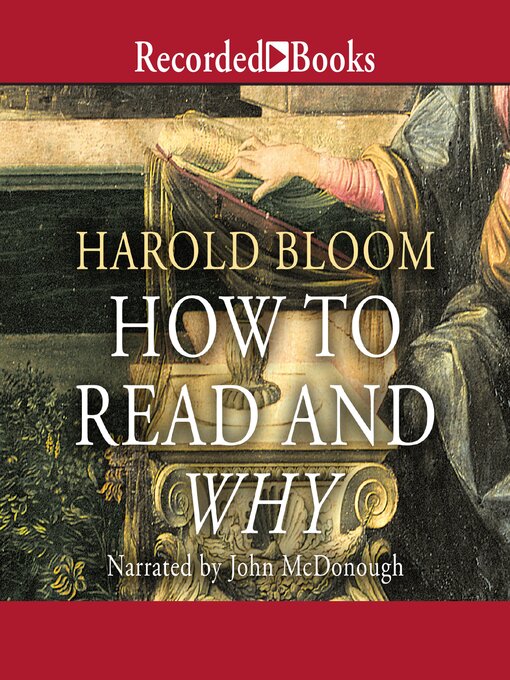- Available now
- New eBook additions
- Travel Guides
- Let Your Garden Grow
- New kids additions
- New teen additions
- Most popular
- Try something different
- Series Starters
- Available Now Ebooks
- Homeschool Resources
- Workbooks for K-8
- Hispanic Heritage
- See all ebooks collections
- Great Courses
- Always Available Audio Fiction
- Always Available Audio Nonfiction
- Always Available Audio Romance
- Where Have I Heard That Voice Before?
- Listening to Nature
- Pimsleur Language Learning
- Available now
- New audiobook additions
- Great Narrators
- Audiobooks for your Commute
- Listen While You Work
- New kids additions
- See all audiobooks collections


